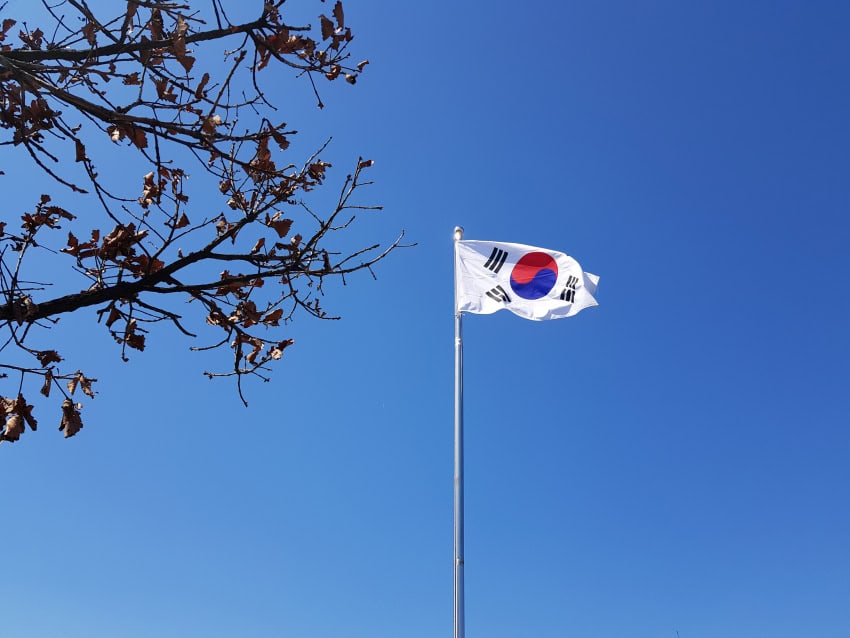SEOUL – The Korean language ability would be a key factor in immigration to South Korea in the future as points-based system would prefer those with proficiency in the language.
South Korea’s Ministry of Justice told local media that fluency in Korean would play a significant role in the issuance of E-7-4 visas which grant permanent stay in Korea with an initial three-year period and unlimited renewals to the eligible aspiring immigrants.
The Ministry confirmed that mastering the Korean language is pivotal for immigrants to blend into Korean society, in line with similar global practices. To encourage language learning, higher points will be awarded to those with exceptional language skills who desire to switch to E-7-4 visas.
The decision to prioritize language for immigrants also reinforces the direction set by Justice Minister Han Dong-hoon, who stressed the primacy of language ability even for technical skills like welding.
Han Dong-hoon confirmed that those who show proficiency in the Korean language would receive substantial incentives. The minister also emphasized the urgency of immigration reforms to embrace skilled foreign workers as a critical priority for the country.
The reforms come amid a declining birthrate in the country which is pushing the authorities to switch to immigration and a need for coexistence with foreign labor.
Han Dong-hoon has stressed that Korea’s future relies on the development of a well-structured immigration system; he has also warned against speedy implementation to prevent divisions, citing examples from various other countries to underline the need for planning.
The statistics portray a bleak future for Korea as Statistics Korea confirmed that only 18,988 births were recorded in May, marking a 5.3 percent decrease compared to the previous year. The decline in the birth rate poses a significant demographic challenge to Korea and its economy.
On one end, Korean language proficiency would help the immigrants co-exist with the locals while on the other end, it would also assist Korea to continue with its development plans which can not be executed without labor force either local or foreign.














